Topics: Connecting the Diaspora to Africa • The Impact of the Mid-Term Elections on Blacks and the Progressive Movement. Guests:
H.E. Arikana Chihombori-Quao (African Union Ambassador to the U.S., Washington, D.C.), Bill Fletcher (Labor and Social Justice Activist, Washington, D.C.) and Maurice Mitchell (National Director, Working Families Party, New York, NY)
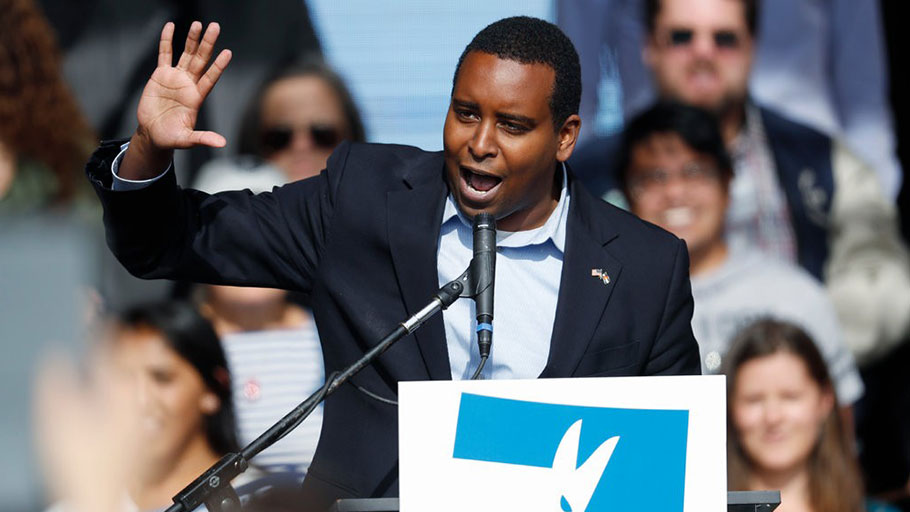
Victories in communities that had never elected a black representative run counter to the divisive rhetoric that played out in some contests across the country. By John Eligon, The New York Times — When Joe Neguse discussed his newborn child on the campaign trail in his congressional race in Colorado, he found himself empathizing with constituents concerned about early education for their own children. In his chats with millennials, the…
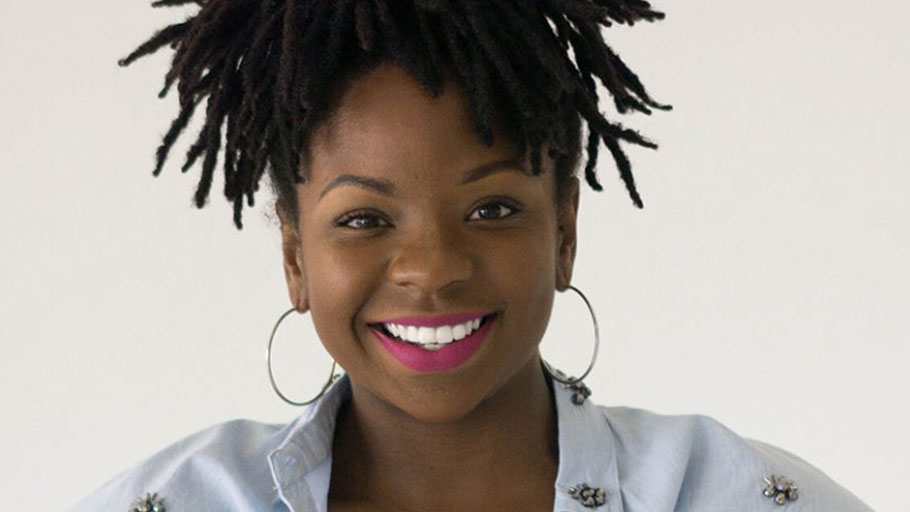
By Lynette Monroe, NNPA — Black people do vote. Let’s stop perpetuating the myth that Black people don’t vote. Besides, emphasizing negative behavior will not yield positive results. Positive language reinforces positive behavior. While statistics related to health and wealth routinely place Blacks as dead last, when it comes to voting, this is not the case. Black voter turnout is higher than any other minority group, but Black people still…

Grassroots activists have organized a movement stronger than Obama’s, and the midterm elections were just the beginning. By Micah L. Sifry, The New Republic — On Saturday, November 3, three days before the midterms, 200 volunteers gathered in Modena, New York, to canvass for Antonio Delgado, an African American lawyer and first-time congressional candidate. A local field staffer, a cheery young man named Todd, told me that so many people…
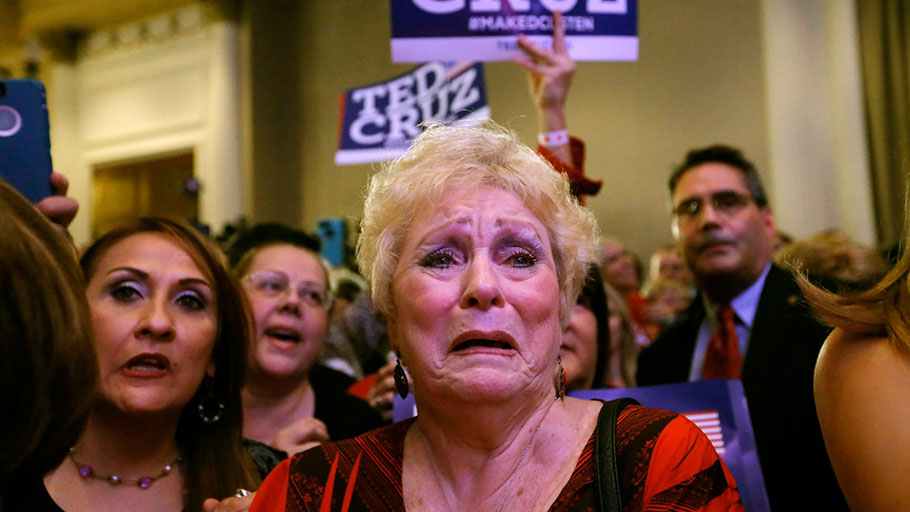
Democrats hoped for a huge rejection of Trumpism, but found two forces still hold an intoxicating political power. By Andrew Gawthorpe, The Guardian — The expectations we carry into elections always make it difficult to objectively assess their outcome. Before the midterms, Democrats hoped for a blue wave that would decisively hand them the House and perhaps more, while Donald Trump was poised to declare victory whatever the outcome. The morning…
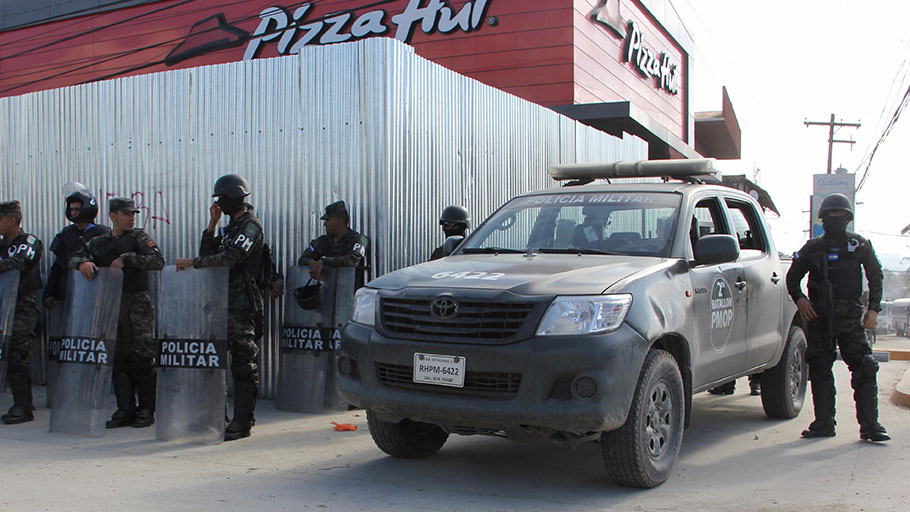
By Jackie McVicar, America Magazine — Though thousands of Hondurans left in recent weeks to form the main party of the so-called migrant caravan now making its way to the United States through Mexico, on a typical day hundreds of people leave Honduras, caravan or not. And as those hundreds depart, scores of others are returned after deportation from the United States. Many deportees will try their luck again. “We are living in calamity,…
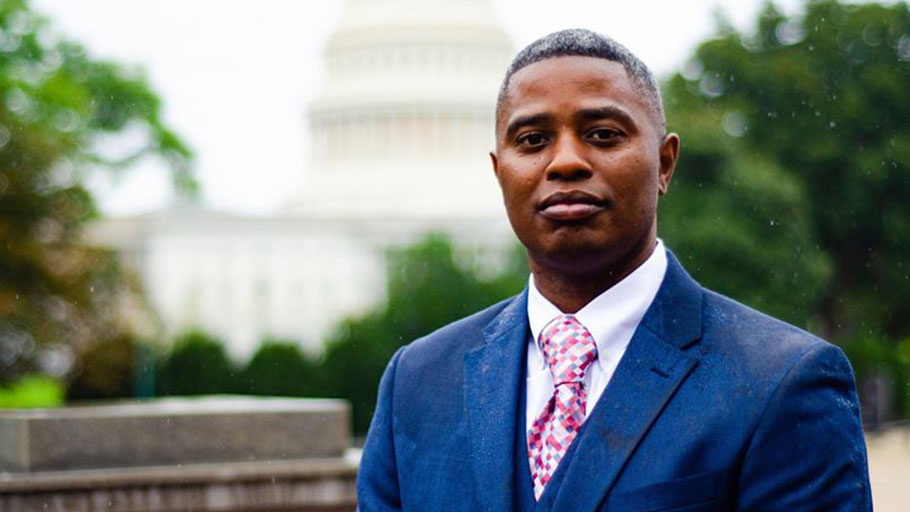
Commissioner Elect Salim Adofo’s Message We did it! We became commissioner! Thank you to everyone that voted for me, donated and supported the campaign in anyway they could. I was…
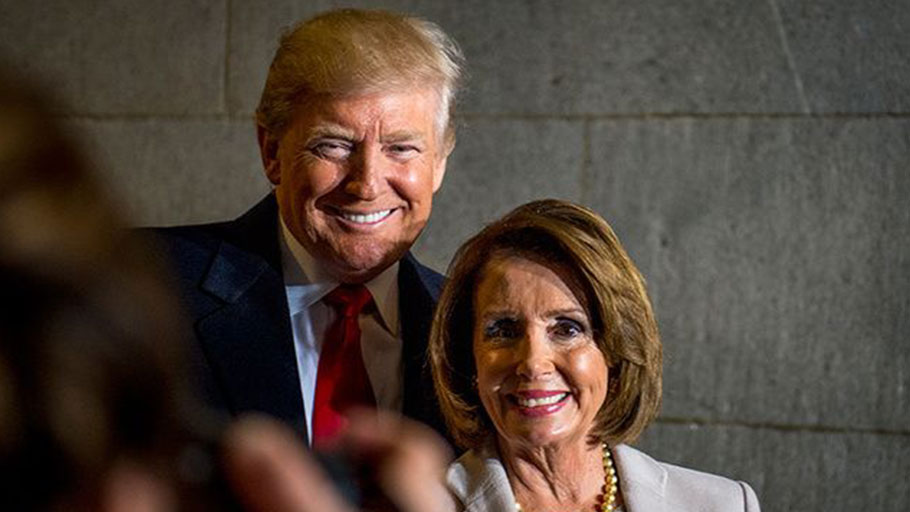
By Earl Ofari Hutchinson, The Hutchinson Report — Two things happened within the space of 24 hours that tell much about why expectant House Speaker California Democrat Nancy Pelosi must…
TOPICS: Defining the Black Agenda in the Post Obama Era • Suppressing the Black Vote • The Midterm Elections: Blue Wave or Red Tide. GUESTS: Dr. Elsie Scott, Interim President, Congressional Black Caucus Foundation, Inc, Washington, D.C. • Atty. Barbara Arnwine, President/Founder, Transformative Justice Coalition, Washington, D.C. • Earl Ofari Hutchinson, President, Los Angeles Urban Policy Roundtable, Los Angeles, CA • Bill Fletcher, Labor and Social Justice Activist, Washington, D.C.
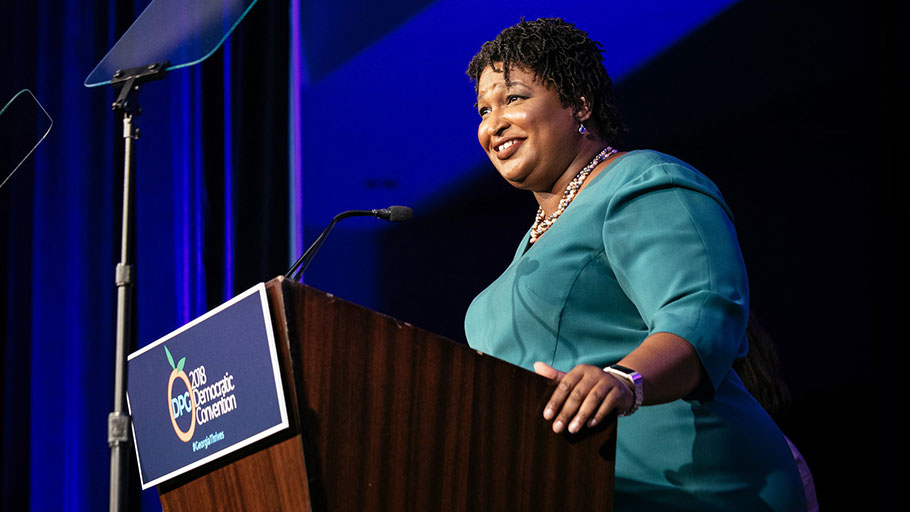
She and political strategists like Jessica Byrd and Kayla Reed are designing a new theory of the Democratic coalition. By Brittney Cooper, The New York Times — For too long, the Democratic Party has been comfortable with black women only running conventions or registering voters — doing background work. The party expects black women to be its backbone, as when 98 percent of black female voters in Alabama cast their ballots for…
![A woman dressed as death stands in front of Honduran security forces during protests in the capital, Tegucigalpa, with a sign that reads, "JOH [Juan Orlando Hernández] our deaths are on your conscience.](https://ibw21.org/wp-content/uploads/2018/10/inside-the-corruption-and-repression-forcing-hondurans-to-flee-to-the-us-1.jpg)
Migrants are leaving not only because they fear gang violence, but because they are terrified of the brutal government. By Peter Tinti, Vice — Nineteen-year-old taxi driver Diego is not interested in politics. But his hometown of El Progreso—a transit hub in central Honduras, where everyone seems to have a friend or relative who has “gone north” to the US—has long been a hotbed of popular resistance. In 1954, workers…
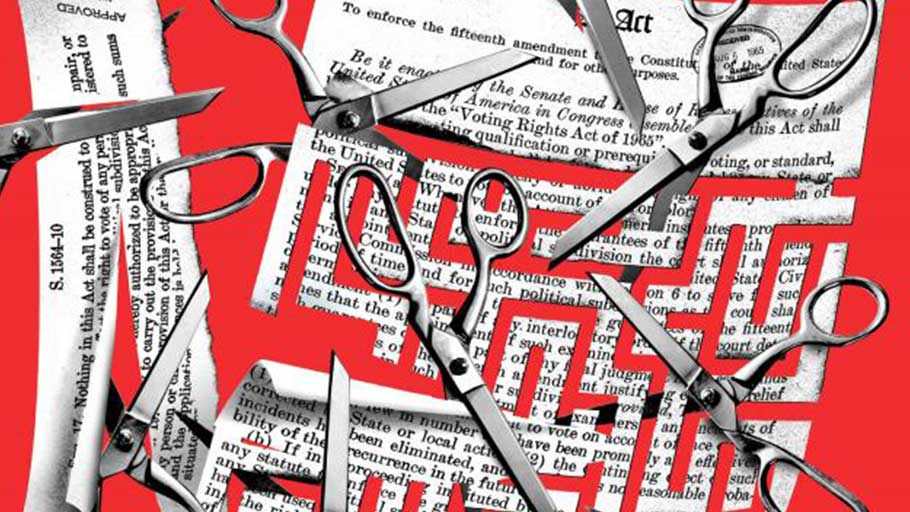
By Dan Sisken, Occupy — In the mid 1990s, scholars of politics in the Arab world published a book titled “Democracy without Democrats?” It appeared in the midst of a…














